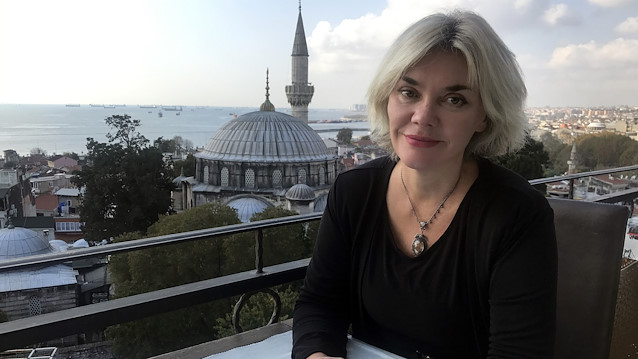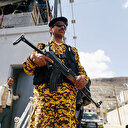
US, Canada continue arms trade with Saudi Arabia despite Kingdom's botched human rights record, Patricia Leidl says
A Canada-based author has said that the Jamal Khashoggi incident highlighted the crisis in Yemen.In an interview to Anadolu Agency, Patricia Leidl, strategist collaborator with the Global Reporting Center, said: “Just over 15 years ago, all member states of the United Nations came together to endorse a new doctrine known as the Responsibility to Protect (R2P). But, it has been never properly utilized. If ever there were a responsibility to protect, Yemen would certainly qualify.”Khashoggi, a Saudi journalist working for The Washington Post, was killed shortly after he entered the Saudi Consulate in Istanbul Oct. 2.Saudi Arabia had offered shifting explanations for Khashoggi's disappearance before suggesting he was killed during a botched operation by rogue agents.
His body has yet to be returned to his family amid reports that it was chemically dissolved.
Leidl, who has authored "The Hillary Doctrine: Sex and American Foreign Policy", drew parallels between Khasshogi's killing, the Yemen crisis, and the global arms deal.
“Donald Trump himself stated that his government will be unwilling to act against Saudi Arabia precisely because of the arms deal. That is the first time any president of the United States explicitly stated that his government would not intervene because they wanted to protect arms trade.
It is unprecedented and only reveals to what extent U.S. foreign policy has been corrupted by this shadow industry.” She added that other countries also continue to trade arms with Saudi Arabia.“So far as my own country is concerned, and despite an otherwise enlightened foreign policy, Canada’s 12-billion deal to sell light armored vehicles to Saudi Arabia is likely to go ahead.
“Prime Minister of Canada cited the 1-billion-dollar price tag to rescind the deal as the reason why.”
Impoverished Yemen has remained wracked by violence since 2014, when Shia Houthi rebels overran much of the country, including capital Sanaa.
The conflict escalated in 2015 when Saudi Arabia and its Sunni-Arab allies -- who accuse the Houthis of serving as proxies for Shia Iran -- launched a massive air campaign in Yemen aimed at rolling back Houthi gains.
The violence has devastated Yemen’s infrastructure, including water and sanitation systems, prompting the UN to describe the situation as “one of the worst humanitarian disasters of modern times”.





